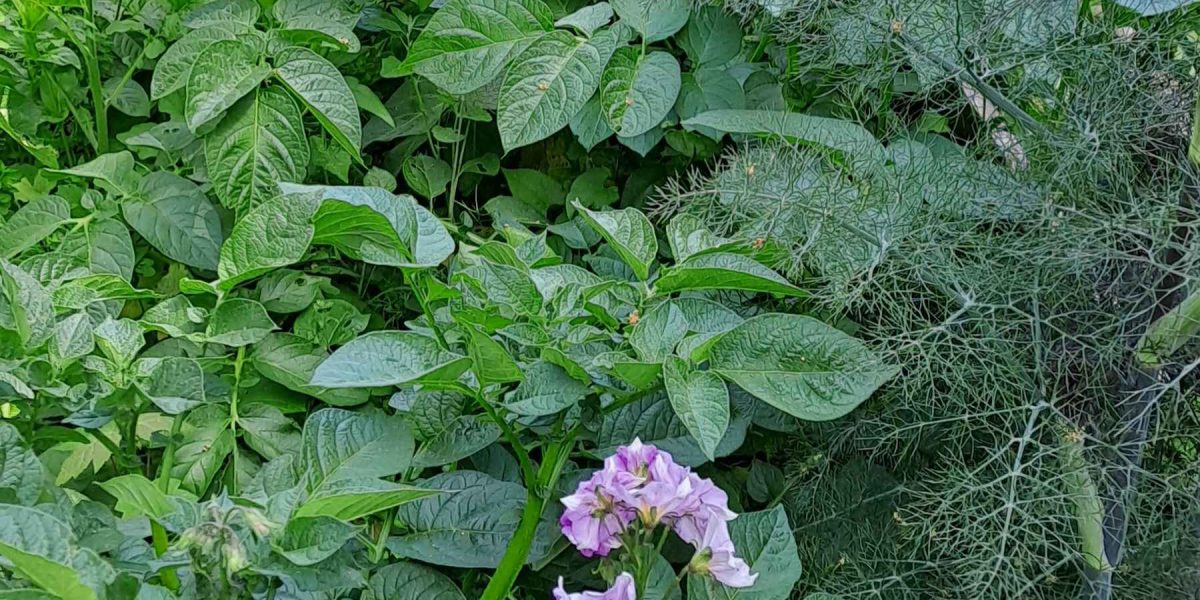Many people water their plants constantly and think nothing about it, but it is easy to waste a lot of water over time if you incorrectly manage your plants. From easy tips to major changes, we have listed a few ways that will help you save both time and resources.
Techniques
Instead of watering daily, soak the soil thoroughly every few days. It forces plant roots to grow deeper, helping them become stronger.
You also should be watering either in the early morning or at sunset in the evening, as the sun will make the water evaporate and the plants will not be able to absorb the water properly. We recommend watering only if it is warm and clear, as wind will increase evaporation.
This should be obvious, but make sure you water them directly at the base of the plant. Watering straight onto the plant leaves will spread it unevenly and will waste water.
An easy way to check if your plant needs watering is by putting your finger in the soil. If the top 2 inches are dry, only then you should water it. Overwatering can cause rot in the roots.
Soil Quality
Heavy soil retains too much water, while finer soil drains too fast. You should add compost, peat, or a rotted manure to balance texture and water retention.
A great thing to do is spread 2-3 inches of mulch like bark or straw around your plants, as this will hold moisture in, will keep soil temperature more stable, and helps to prevent weeds from taking the nutrients.
Effective Changes
A hose with a nozzle is the quickest manual way to water your plants, but automatic equipment like a soaker hose or a drip irrigation system will make it quicker and easier, but should only be required in a big garden.
If you group plants which need the most water together, and keep drought resistant plants separate, it will make watering them more efficient.
Potted plants dry out faster due to being smaller in volume, and keeping them in the hot sun only makes it worse. The best way to combat this is to use large pots with a good soil, and keep them out of intense sun.
Put holes into the bottom of your plant pots (if they don’t have holes already) with something like a drill, and put them in containers. Any water that leaks out could be reused, and this will also help prevent overwatering.
For the best watering, you could install a smart irrigation timer. These systems automate watering based on attributes like weather, soil moisture, and time.

